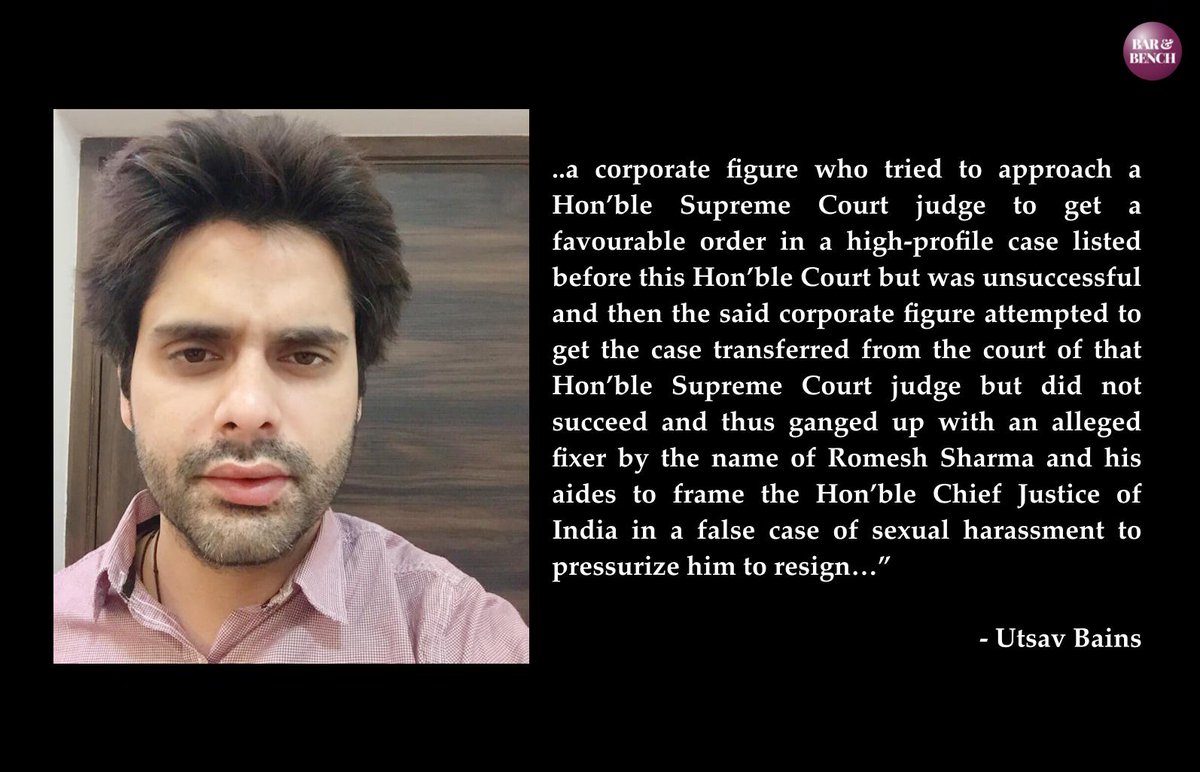@drawandstrike @catesduane @rising_serpent @almostjingo @tracybeanz @TheChiIIum @Quodverum_ @DRUDGE @CarrollQuigley1
supremecourt.gov/oral_arguments…
Govt Attorney: "I think the Secretary fully acknowledged that there was an upside to the request, and the upside was the one the Dept of Justice set forth in his letter, that having citizenship data would help improve Voting Rights Act enforcement. "
But he found two things with respect to that. First, he found -- and all of this is in his letter -- that he could mitigate that to at least a certain extent with follow-up operations,..."
how it would improve Voting Rights Act
enforcement?
GENERAL FRANCISCO: Yes, Your Honor. One of the critical elements of Voting Rights Act enforcement is something called Citizen Voting Age Population, or CVAP.
@drawandstrike @catesduane @rising_serpent @almostjingo @tracybeanz @TheChiIIum @Quodverum_ @DRUDGE @CarrollQuigley1 @amvn90210
actually couldn't even ask the citizenship question on the American Community Survey.
And in the face of two competing possibilities, either asking the question, getting answers for two-thirds of the people for whom no administrative records existed,
And he said that adding the question would help voting rights enforcement. But that claim is unsupported by the record as well.
JUSTICE ALITO: On the modeling, there was a lot of talk during the first part of the argument about -- I think it's 22.6 million people who it would -- it is predicted would answer the citizenship question and as to whom there is not administrative data.
JUSTICE BREYER: I don't understand uncertainty. I thought the 98 percent -- of course, it's 98 percent. Most people are citizens.
MS. UNDERWOOD: Right.
"There's no credible quantitative evidence that the addition of a citizenship question will affect the accuracy of the count." All right? That's what he said.
MS. UNDERWOOD: Yes.
MS. UNDERWOOD: -- while I think there is good evidence, and nothing contrary, that this 22 million would be more accurately identified by the modeling than by the census,
JUSTICE KAVANAUGH: But you agree it's very -- it's a very common question internationally?
***Sorry but I've got to leave you on this cliff hanger. Only page 56 if you want to read ahead! Hard not to post it all!**
The question is whether it should be collected on the very instrument that is -- whose principal function is to count the population, when we have such strong evidence that it will depress that count, make it less accurate, & make it less accurate in a--
CHIEF JUSTICE ROBERTS: Sex, age, things like that. You go back and it looks -- you know, do you -- do you own your house? Do you own a radio? I mean, the questions go quite beyond how many people there are.
JUSTICE ALITO: Not -- not responding.
MS. UNDERWOOD: It's about not responding. Yes.
MS. UNDERWOOD: The ACS in one study and the long form in another.
So what -- what does that analysis miss?
***I promise I'm getting to the point, this was all too important to cut more than this***
So what are we supposed to do about that?
... ... ...
MS. UNDERWOOD: There is nothing in the record about that.
CHIEF JUSTICE ROBERTS: Well, then I don't want to hear about it.
... ... ...
Second, the Secretary asserted that adding the question would improve the Bureau's imputation of citizenship for people who lack -- for people for whom the government lacks any such records.
And here's why: The accuracy of imputation depends upon the accuracy of existing data. Federal administrative records are based on a person's legal documents of their citizenship, and, thus, are quite accurate and reliable for this purpose.
... ... ...









